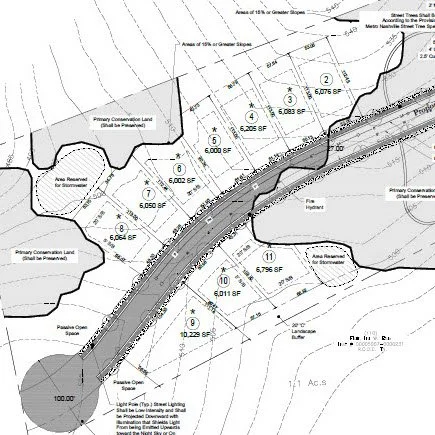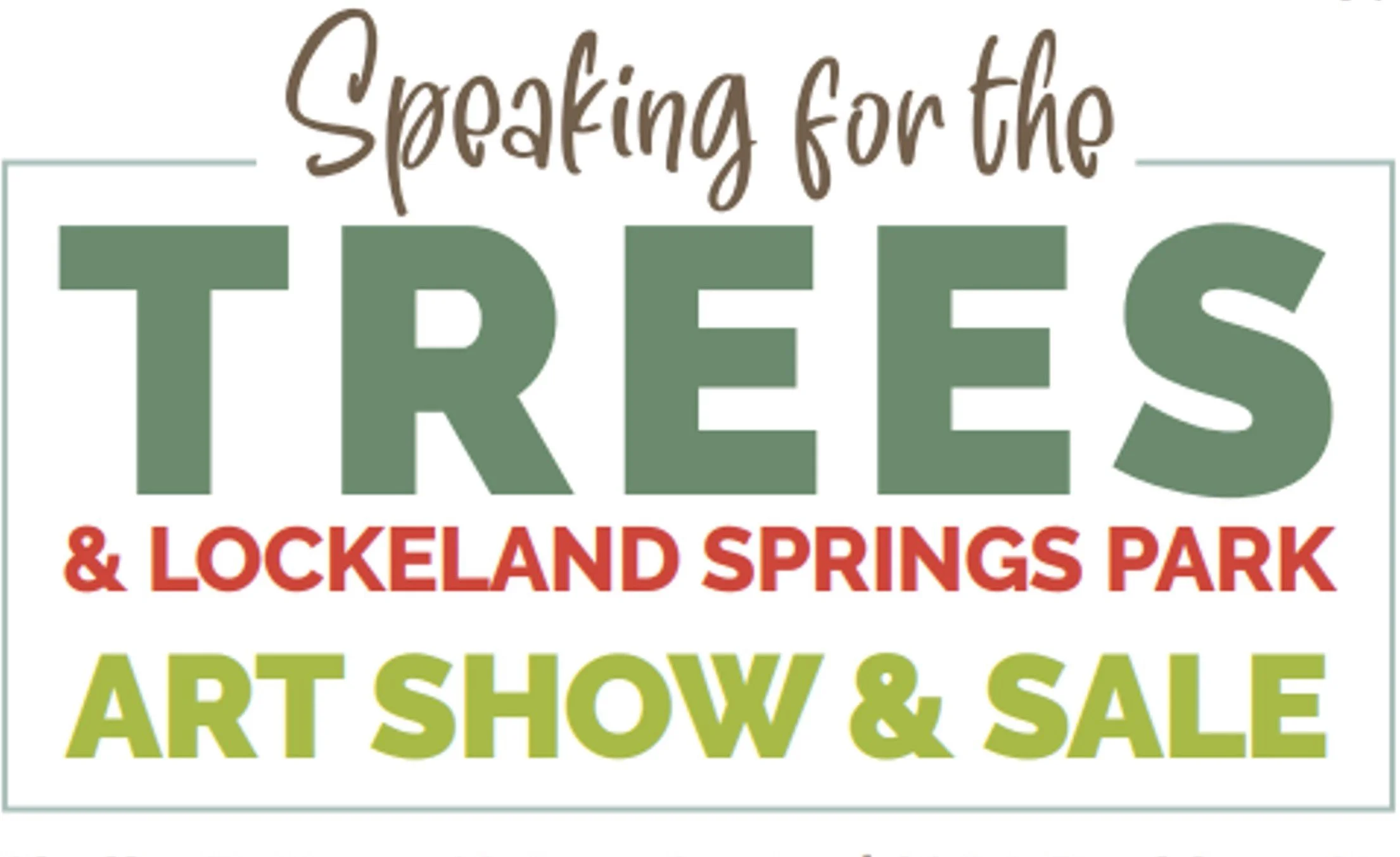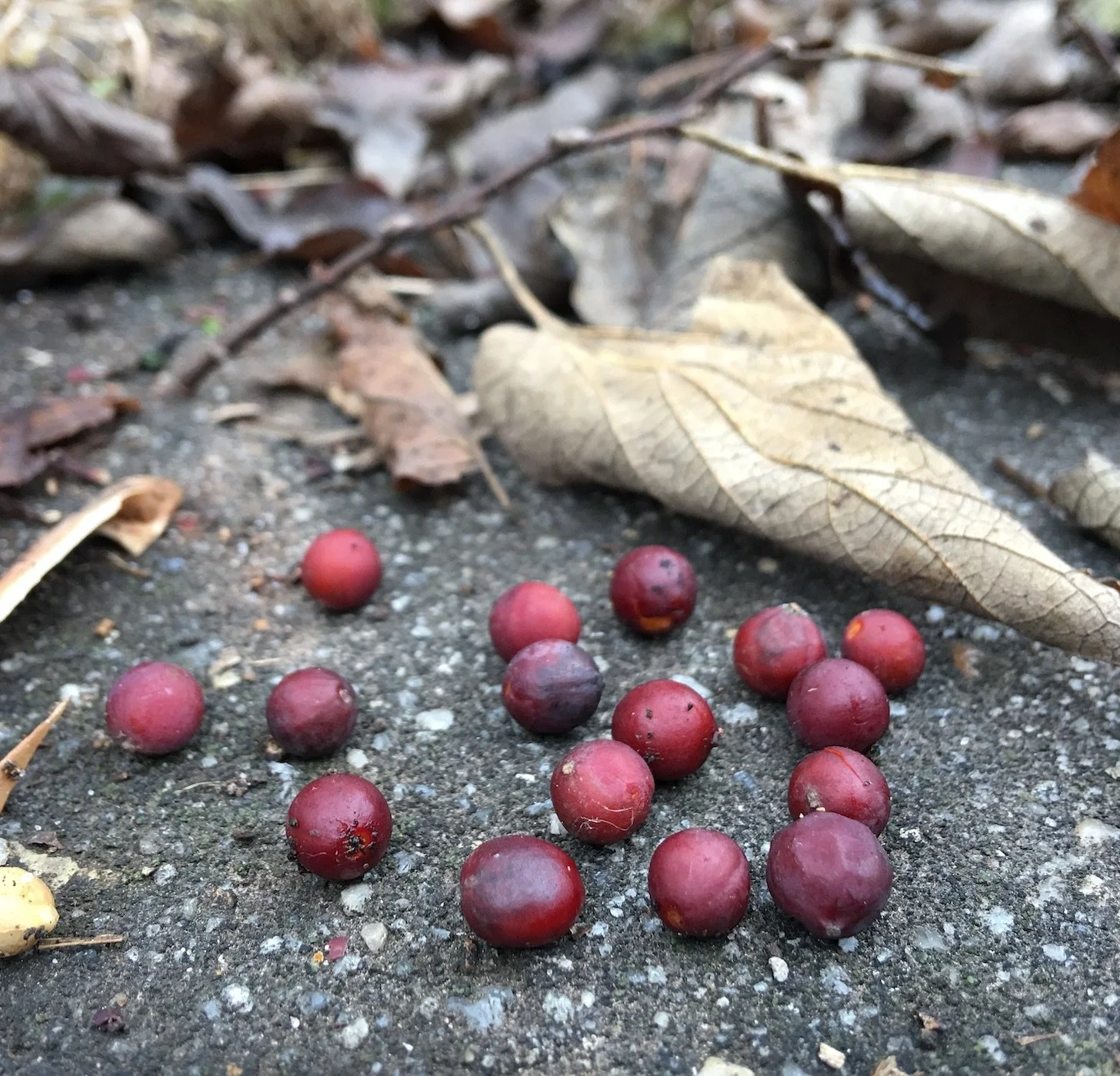A change in Nashville’s residential zoning codes approved by the Metro Council will help to secure greater protections for environmentally sensitive natural areas throughout Davidson County.
Read MoreLearn how to spot black knot, a fungal disease that affects plum and cherry trees in Middle Tennessee.
Read MoreThe Bradford pear tree was first planted for its attractive appearance, but its structural weakness and invasive nature have made it a widespread nuisance. Read on to learn more!
Read MoreThe bur oak tree is a favorite of ours because it’s a robust native species that has all the best qualities you want in a tree, with very few challenges!
Read MoreThe initiative is a city-wide effort to engage governmental departments, businesses, organizations, and residents to make their contribution to Nashville’s canopy. Read on to learn how you can participate.
Read MoreAn art exhibit and fundraiser opening Thursday at Shelby Bottoms Nature Center grew out of a cooperative neighborhood effort to restore and expand tiny Lockeland Springs Park in East Nashville after it was heavily damaged by a tornado in March 2020.
Read MoreLearn how planting trees along roadsides, in downtown areas and in your own yard can help improve air quality and reduce pollution.
Read MoreLearn about our city’s cherry blossom trees before you attend this year’s Nashville Cherry Blossom Festival on Saturday, April 9.
Read MoreJessica Gibson, the artist behind Woodland Alchemist, shares with us how her connection to nature guided her towards an artistic career. Learn how she turns everyday bits of plants and trees into metallic jewelry and display pieces!
Read MoreAn unhealthy tree is not only at risk of being lost, but it may also pose risks for injury or property damage. Read on to learn the main signs that your tree is weakening or in poor health.
Read MoreThe Chestnut Group is once again joining forces with the Nashville Tree Conservation Corps for an art show and sale to benefit trees and greenspace in Nashville.
Read MoreSaplings take some time to adjust once they’re planted in a new place, and it will take a couple of years to see noticeable growth in height. Find out why!
Read MoreFrom evergreens to oaks to hackberries, trees provide food and shelter for many creatures all winter long. By planting a native tree, you can support our local ecosystem and the birds and small animals that depend on it.
Read MoreA bill under consideration by the Metro Council would provide a dedicated funding stream for the ambitious Root Nashville campaign to plant 500,000 trees in the city in 30 years.
Read MoreLearn how these four trees that have been imported for ornamental or utilitarian purposes, pose a threat to native plants and wildlife in our parks and yards.
Read MoreThis year’s additions to the Tennessee Champion Tree Program include five exceptional specimen trees in Davidson County.
Read MoreIf you’re noticing browning, yellowing or spotting on your dogwood’s leaves, your tree might be infected with anthracnose.
Read MoreNashvillians have strong feelings about hackberries, one of the most common trees in our area. But despite their troublesome reputation, hackberries can offer many benefits in the landscape.
Read MoreTrees and other plants all have soil preferences; some are better in more acidic soils, others in alkaline. Read on to learn why you should test your soil pH before planting.
Read MoreWhen planning your yard, it’s important to choose trees that work for your needs. Learn how shorter trees can contribute to a high-performance landscape.
Read More


















